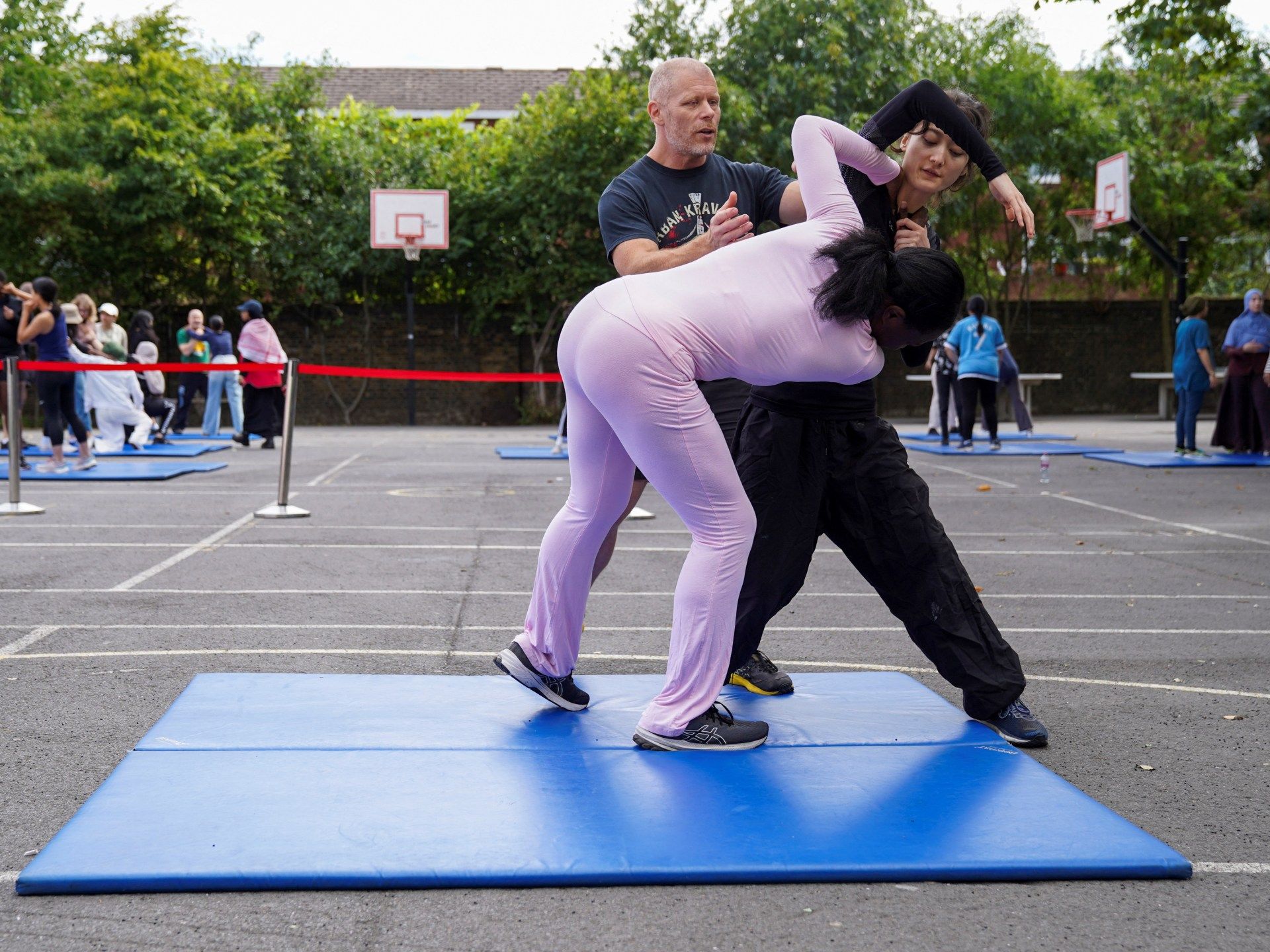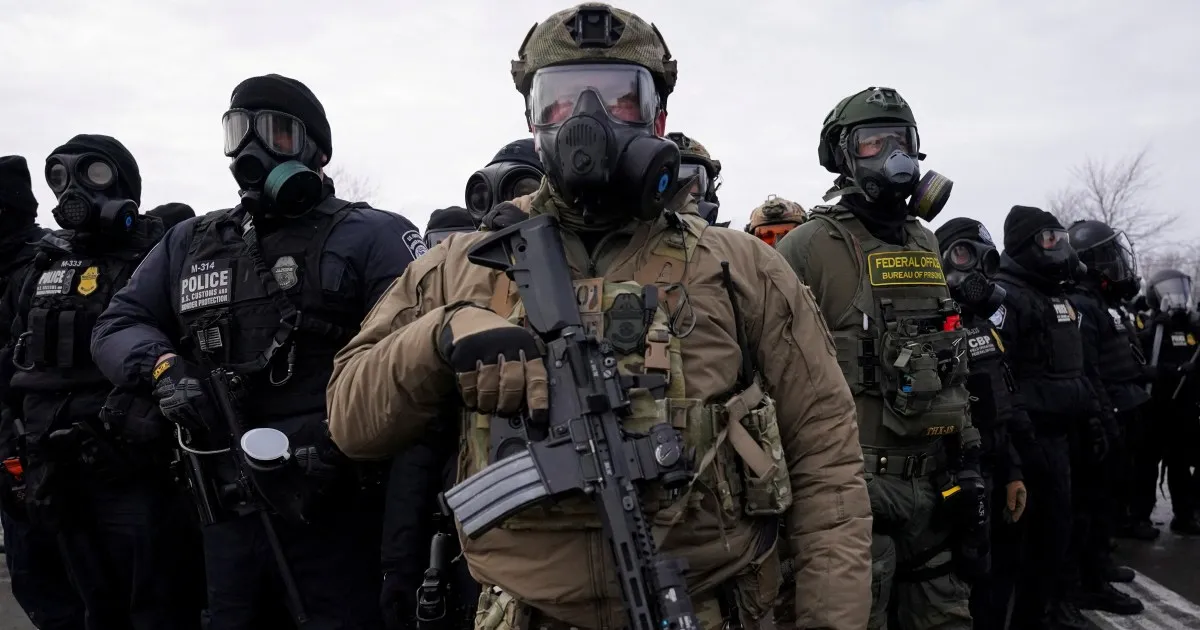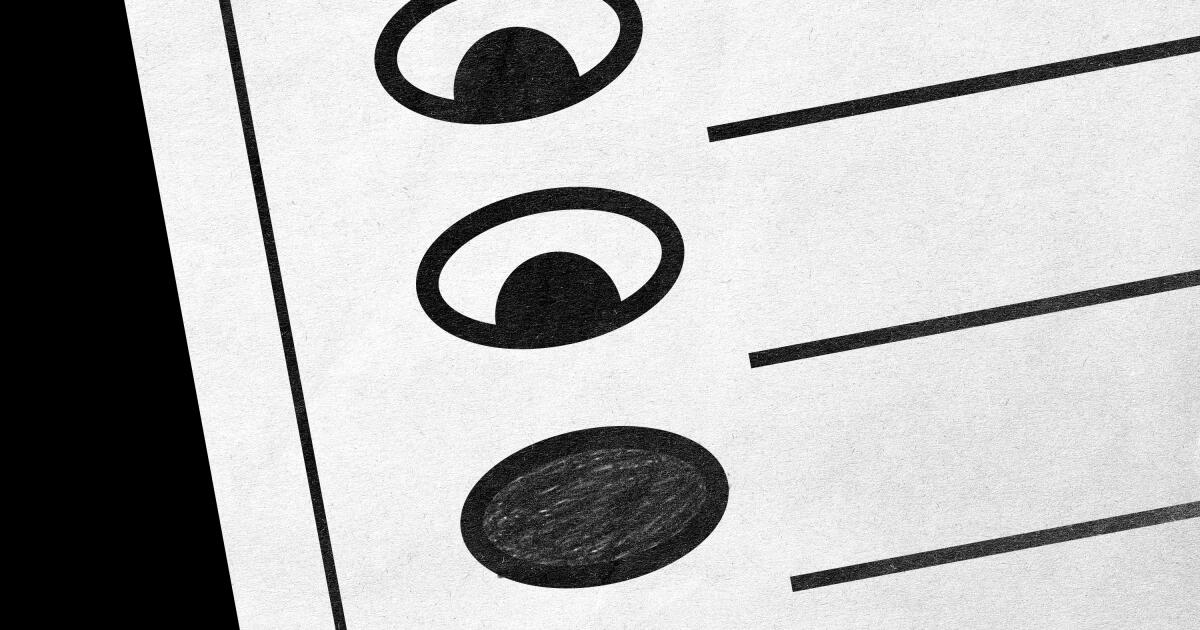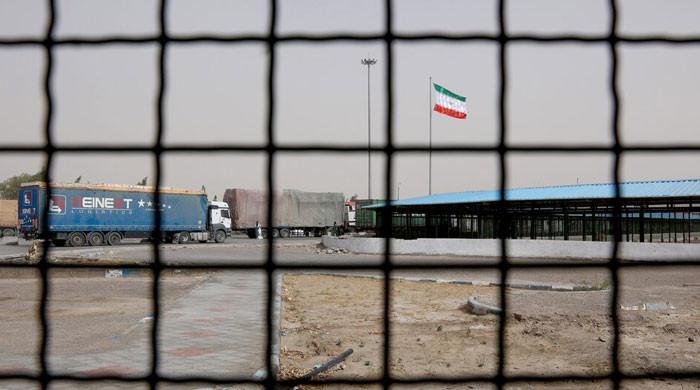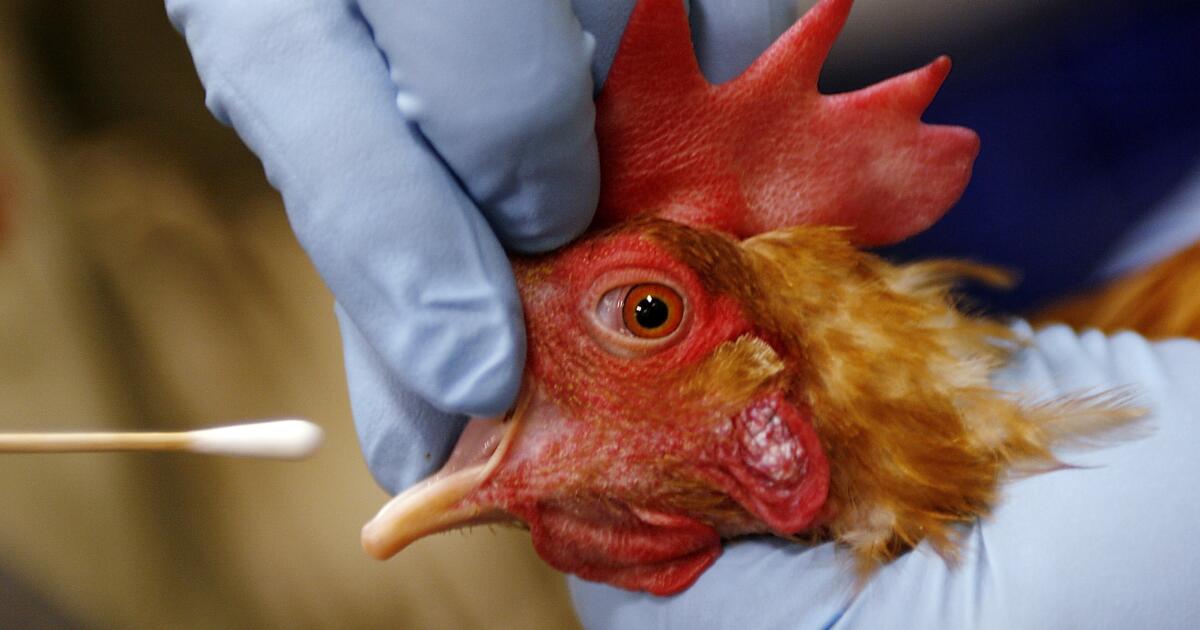At a sports ground in London, Maya Hassan looks on proudly as about 30 women, almost all Muslim and from ethnic minorities, join a self-defence class she organised in response to a wave of riots that included violent and racist attacks against Muslims and ethnic minorities.
The 28-year-old martial arts expert said she wanted to help women of colour learn how to deal with abuse and build connections and trust after more than a week of unrest targeting mosques, hotels for asylum seekers and police.
“It gives you a little bit more confidence,” he said. “You know what to look for, how to be socially aware, how to spot things and how to get yourself out of a really bad situation.”
Muslim and ethnic minority communities have expressed shock at the disorder, which was sparked by false online reports that the suspect in the murder of three girls in a knife attack in Southport, north-west England, was a Muslim migrant.
Martial arts instructor Stewart McGill said he had seen more women signing up for classes since the riots began. He taught them how to defend themselves with tactics including kicks and improvised weapons such as belts.
One attendee, Elza Annan, 24, said she felt safer.
“Obviously I don’t want to have to use these techniques, but it’s helpful and beneficial to have them… especially given the recent events where far-right racists have come out and attacked people of color,” he said.
Islamophobia on the rise
The riots have largely targeted immigrants, Muslims and Asians, spreading fear among ethnic minority communities and shining a light on Britain's history of integration.
Tell MAMA UK, a group that monitors anti-Muslim incidents, said hatred towards Muslims has been growing in the UK for some time, and especially since October 7 last year, the start of Israel's war in Gaza.
Since the riots began, it has received more than 500 calls and online reports of anti-Muslim behaviour across the UK.
Sunder Katwala, director of the British Future think tank, which focuses on migration and identity, said that at its best, the UK is a “confident multi-ethnic democracy”.
But he said successive governments had lacked a strategy to integrate different communities.
While recent arrivals from Ukraine and Hong Kong received government support, not everyone did.
The asylum system faced particular pressures, with a huge backlog of applications and some Britons worried about pressure on housing, healthcare and education.
“With asylum there is a visible lack of control and that can fuel fear,” Katwala said.
The unrest has largely subsided since thousands of anti-racism protesters took to the streets to protect potential targets such as immigration advice centres, mosques and hotels housing asylum seekers.
Hassan, who wears a hijab and is a Swiss citizen of Somali origin, moved to the UK in 2008, partly because she felt it was a more welcoming country to ethnic minorities than many parts of Europe. She is considering running more classes.
A similar event was planned in Manchester, northern England, and a campaign group, Three Hijabis, held a large online conference call with Muslim women this week to discuss the psychological impact of Islamophobic violence.

Shaista Aziz, the group's director, said some women feared the violence could lead to confrontations or abuse, prompting many to stay close to home.
“Today I advised a sister I love very much to consider removing her hijab to stay safe while traveling in the Northeast…” she said on X during the riots.
“Across the country, British Muslims are having these same conversations.”
Prime Minister Keir Starmer, who has ordered extra protection for the Muslim community, has branded the rioters “far-right thugs”. Nearly 800 people have been arrested, some of them subjected to fast-track prosecution and jailed.
Anti-racism protests are likely to continue.
For Maki Omori, 23, who identifies as nonbinary, Saturday's class would help prepare for counterprotests.
“I was very intimidated thinking about how I would defend myself,” Omori said. “I want to make sure that if something happens, I feel prepared.”

